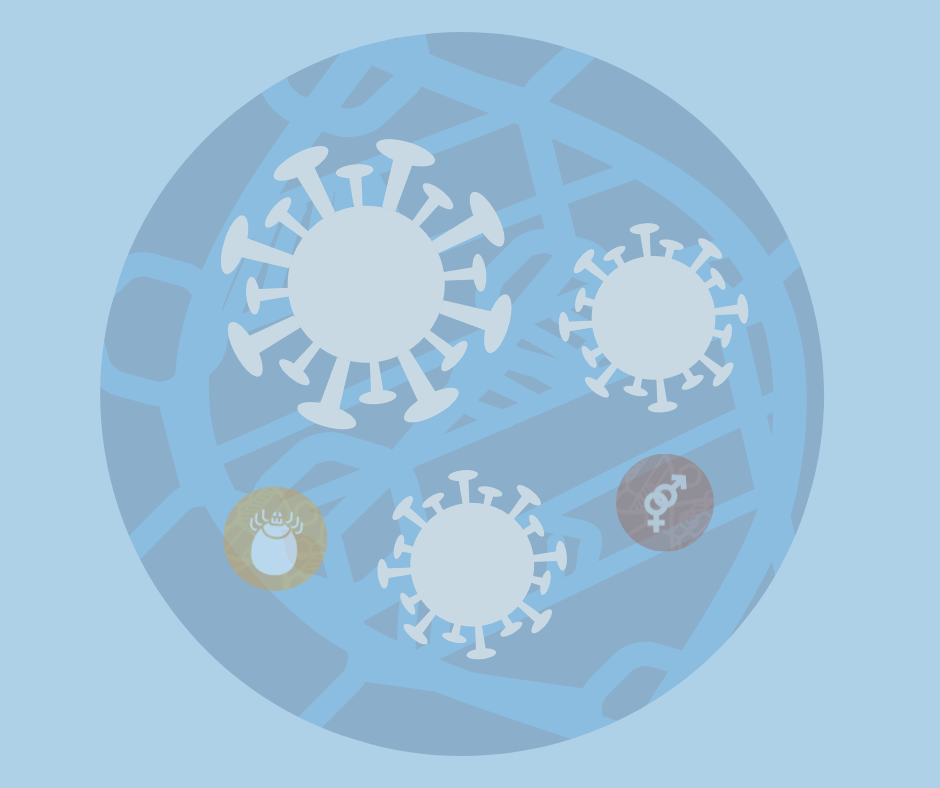It’s a rare day when an infectious disease story is not in the news–particularly since COVID-19 turned the world upside down and showed the vulnerability of the human condition to emerging pathogens. The field of infectious diseases is dynamic, often characterized by innovation and heroism.
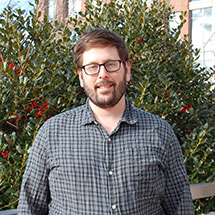
Christopher Sellers, MD, MPH (UNC ID Fellowship: 2012-2014) is Program Director for the Infectious Diseases Training Program, and Medical Director for the Wake County Human Services HIV and STI Clinics.
“The need for infectious disease physicians has never been greater and the excitement and variety in the practice has never been higher. ID providers are essential in so many ways.”
The Reasons ID May Be Contagious
-
There’s a Diverse Array of Career Possibilities
ID specialists help communities become as resilient as possible to infectious diseases–which are intertwined with the social determinants of health. From epidemiology and public health, to infection control and antibiotic stewardship, specialists can practice inpatient or outpatient care, or serve organizations like the FDA, CDC and USAID. Some ID specialists subspecialize, working in transplant ID, critical care, or microbiology, while others pursue research advances in therapeutics or diagnostics.
-
Curing a Patient is Possible
ID specialists see many patients who are curable. They have the opportunity to figure out what is wrong, and see patients get better through treatment.
“Arcane knowledge and obscure details matter, and making the right ID diagnosis often hinges on an infectious disease physician having a deep knowledge of all clinically relevant pathogens,” explained Sellers. “This may include eliciting travel or sexual history, knowing to ask about an obscure aspect of a patient’s work exposures, or even asking whether a patient’s pet fish has scoliosis.”
-
Scientific Curiosity Can Bring Change to Infectious Disease Practice
Infectious Diseases attracts unique people driven to make big change in the world. High quality research standards brought Moderna and Novavax trials to UNC.
-
The Impact is Global Because Everyone is Connected
This has never been clearer than in the recent pandemic. Infectious Diseases is the only sub-specialty where a threat to an individual’s health and well-being is a threat to one’s own. ID specialists are at the forefront, ready to defend against ongoing threats.
“I’m especially proud of people entering the field now, whose response to the COVID pandemic mirrors the ‘running towards the fire’ approach of ID physicians responding to the early days of the HIV pandemic, and the battles against many other pathogens and ID-related health disparities and inequalities around the world.”

Where Are Former ID Fellows Working Today?
A look at a few of our alumni demonstrates that the wide variety of careers in the practice has never been greater.
-
Clinical Care and Health Leadership
After his ID fellowship, Paul Jawanda, MD (Fellowship: 2002-2004) built a successful clinical practice in the Sandhills of North Carolina, working with Dr. Gretchen Arnoczy at FirstHealth in Pinehurst.
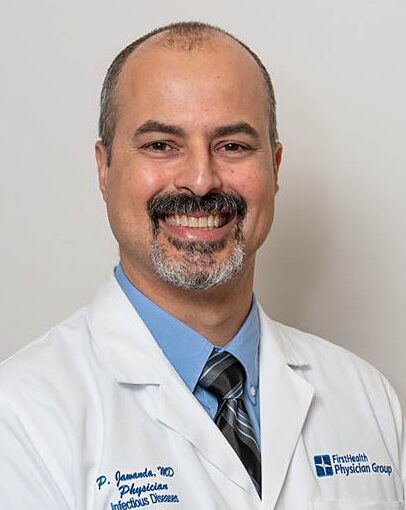
“I saw my strengths as a practicing ID doctor. At the time, Moore Regional Hospital had grown and requested that UNC supply a full-time ID physician for the community. I jumped at that opportunity, and that led to a very satisfying career in infectious diseases, with me now being in practice for more than 18 years. As an ID Fellow, I enjoyed being able to practice a full spectrum of clinical infectious diseases, and it becomes more fascinating, not less, as the years go on.
“We are involved in hospital infection control. We help with Employee Health medical directorship. We help direct antimicrobial stewardship. We are liaisons with clinical microbiology and help with onboarding and use of diagnostics. We work closely with pharmacy and serve on PNT. We have served at various levels of medical leadership for our hospital. We practice general ID. We take care of STDs. We provide HIV care for our region. We help oversee OPAT and antibiotic infusion care for our system. We are our region’s ID experts, and we enjoy working with public health.”
-
Public Health
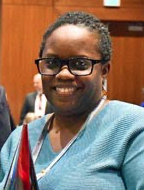
Public health is the science of protecting and improving the health of people and their communities, and ID specialists have a key role to play in preventing and responding to infectious diseases. Victoria Mobley, MD, MPH (Fellowship: 2008-2010), is the HIV/STI Medical Director for the NC Division of Public Health and oversees the statewide unit responsible for HIV/syphilis case investigation and contact tracing. She was recently recognized for exemplary contributions to public health in North Carolina.
“The UNC ID Division has longstanding and strong ties with the NC Division of Public Health so I was able to work with ID faculty who were doing some of the work I was interested in doing.
“I always knew I wanted a career in public health, specifically in HIV and STI prevention and control, but I didn’t really know what my options were. As a UNC ID fellow, I was able to work with many ID faculty at UNC with experience doing the work I was interested in doing.”
-
Research Administration
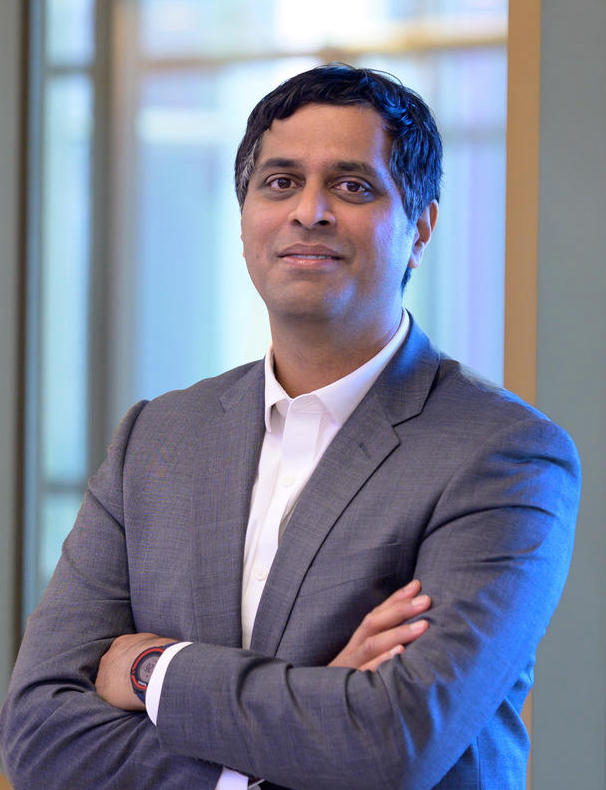
Many ID specialists become research leaders in their fields, on state and national levels. Satish Gopal, MD, MPH(Fellowship: 2009-2011), is director of the Center for Global Health at the National Cancer Institute (NCI). He also directs the cancer program at UNC Project-Malawi. After residency, Dr. Gopal cared for patients with HIV in Tanzania, teaching and testing the viability of a global health career before joining the ID Fellowship Program. Dr. Myron Cohen applauded his NCI appointment.
“Dr. Gopal completed his combined fellowship training at UNC in infectious diseases and oncology with the express goal of building a world-class cancer program at UNC-Project Malawi, which he has done with remarkable success over the past decade. Satish’s commitment, knowledge and ‘on the ground’ expertise make him a truly unique candidate to lead the NCI Center for Global Health. With him in this position, we can safely anticipate improvement in cancer detection, treatment and care worldwide.”
-
Translational Research
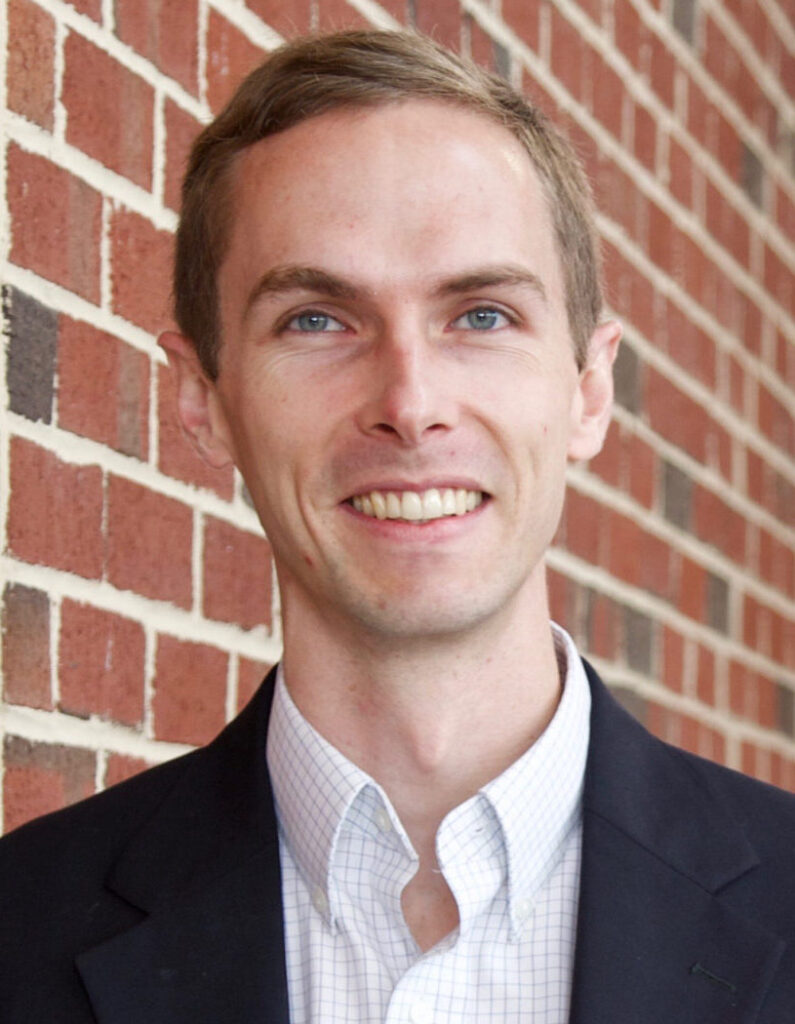
Translational research has become increasingly popular in recent years with an explosion of new research applications. These technical advances are changing the way research itself is conceived and performed. Jonathan Parr, MD, MPH (Fellowship: 2014-2016), is a translational researcher, applying cutting-edge molecular and genomic tools to solve problems faced by marginalized populations across the globe. His work in molecular epidemiology is mainly focused on malaria in Africa but also including syphilis and viral hepatitis.
“I gained excellent, broad clinical infectious disease training and received very supportive mentorship that allowed me to develop my research program. I had done both laboratory and classical epidemiological work before fellowship and was looking for a place where I could do both. I found the perfect fit at UNC, and further benefited from the very generous and creative faculty who gave me opportunities.”
-
Emerging Infections
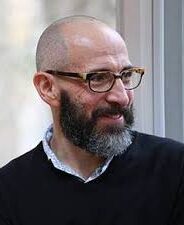
Emerging and re-emerging infectious diseases cause outbreaks with national and international implications, underscoring the critical need for ID expertise. David Wohl, MD (Fellowship: 1993-1995), the co-director of Emerging Pathogens at the Institute for Global Health and Infectious Diseases, is focused on safely and effectively managing special pathogens incidents across public health and health care delivery systems. Wohl, along with Dr. Billy Fischer, recently led UNC to receive the designation and funding needed to become a Regional Emerging Special Pathogen Treatment Center.
“This grant is about being prepared and preparing others. We may never see a special pathogens case, we may not ever see anything like monkey pox or Ebola, or COVID emerge again. But it’s very likely we will. Being a designated center of excellence means we will be better prepared to take care of whatever comes our way. And there will be no better place to receive this special care than at UNC.”
-
Clinical Research in the Developing World
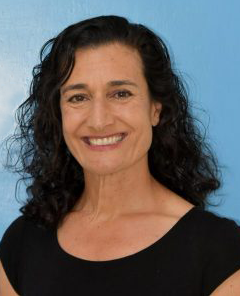
Developing countries represent nearly 90% of the worldwide burden of disease, most of which are preventable infectious diseases. Healthcare systems in these countries need evidence to guide decisions about the most efficient and cost-effective interventions for them. Mina Hosseinipour, MD, MPH (Fellowship: 1999-2001), is the Scientific Director for UNC Project-Malawi, leading NIH trials to discover new treatments for disease and bring changes to world health guidelines.
“When I went to Malawi as a fellow, I wanted to be where the HIV treatment need was greatest. I arrived in time to support the launch of the government HIV treatment program, and to start the landmark HPTN 052 study, which eventually demonstrated that HIV treatment of a person living with HIV can prevent transmission to their uninfected partner.
“My clinical trial work has changed WHO guidelines for when to start ART treatment, treatment of Cryptococcal Meningitis, treatment of advanced KS, and demonstrated the superiority of injectable Cabotegravir for Pre-Exposure Prophylaxis. It’s easy to find your career rewarding when you can see how your research in Malawi is benefiting not just those in Malawi, but globally.”
-
Implementation Science
Sarah Rutstein, MD, PhD (2019-2021) says people frequently describe implementation science as addressing the “know-do gap.” This is because ID specialists may know what to do but implementation science takes them the last mile, by considering the complexities of executing and scaling the evidence-based tools.
“Some of my projects are in the very early phases, in which we are in the weeds examining patient or provider preferences for a given strategy or intervention approach, while others are what are typically described as “hybrid” designs, in which we are testing an intervention in a trial and evaluating both the clinical effectiveness (for example, at the patient level looking at uptake and appropriate use of biomedical HIV prevention) as well as some of the determinants of implementation, such as acceptability, feasibility, and cost.
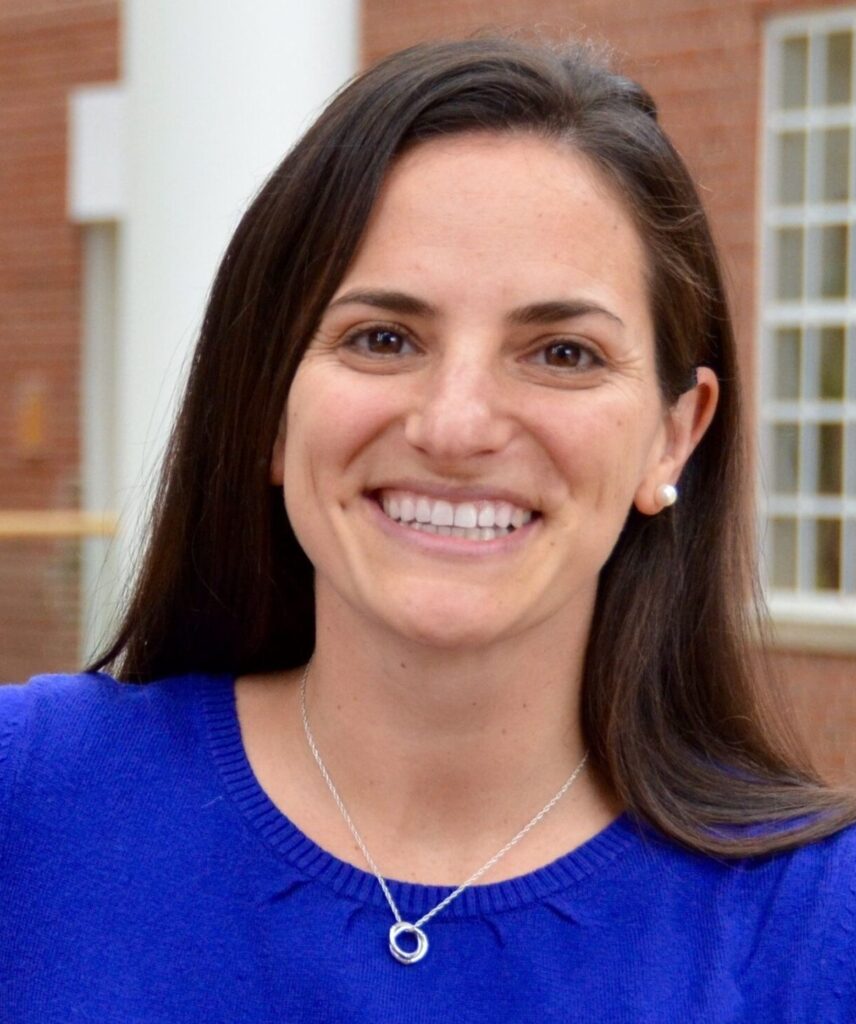
“I find the public health and policy relevance of implementation science the most compelling aspects – it provides a lens through which you can examine implications, opportunities, and perhaps most importantly, sustainability of interventions or strategies. This means I can also apply some of my prior training in decision sciences, specifically cost-effectiveness modeling, designing comprehensive studies that have the potential to directly inform and guide health policies and programs.”
-
Clinical Trials
Many ID physicians oversee clinical trials that advance the development of new therapies and medications. As a fellow, Lina Rosengren-Hovee, MD, MPH, MS (2016-2018) says her eyes were opened to the many different ways to serve patients through clinical practice, research, and public health.
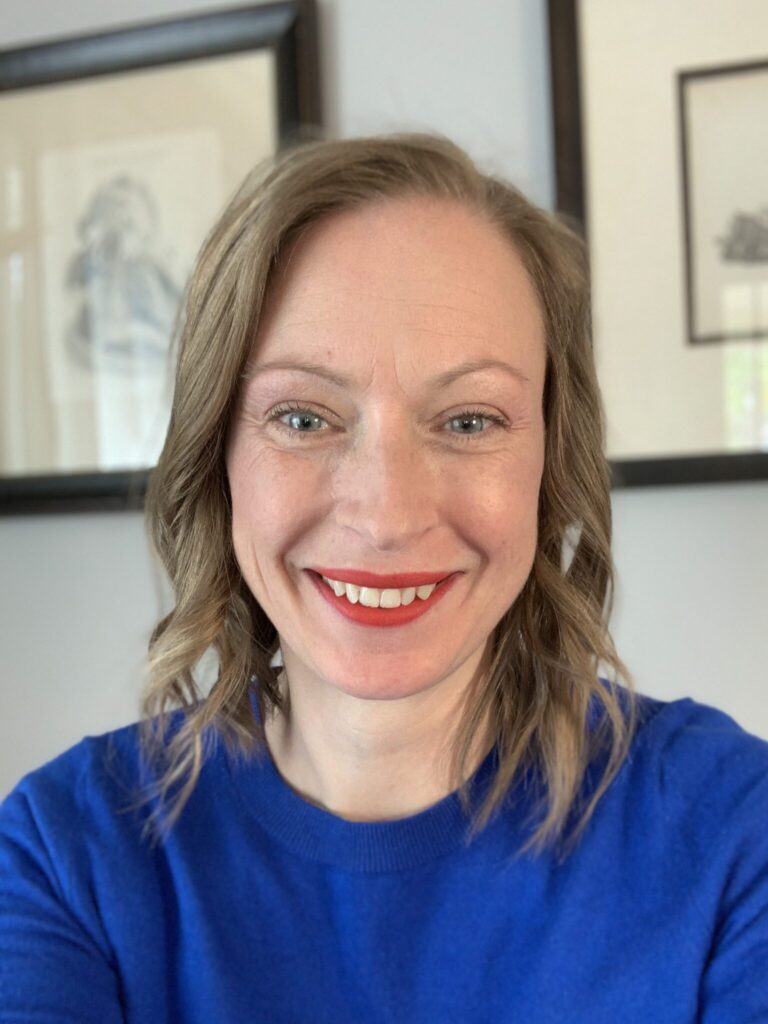
“I was given an opportunity to join our senior faculty in leading PrEP clinical trials at our ACTG Clinical Trials Unit at UNC; a side of research most ID fellows have little exposure to. I felt instantly drawn into this work and the excitement of being part of bringing new PrEP options to the market for our patients. During COVID-19, my work on our PrEP trials paralleled the rapidly evolving vaccine trials, which required intense involvement of many of our faculty. Having been part of making COVID-19 vaccines available at a time of thousands of daily COVID-19 deaths will forever remain one of the most important times of my career.”
Did You Know?
30% of ID trainees return to UNC Infectious Diseases
Why do so many fellows either stay at UNC or go away and come back? Brian Bramson, MD (2005-2007), who co-directs the Outpatient Parenteral Antibiotic Therapy (OPAT) Program shared his thoughts.
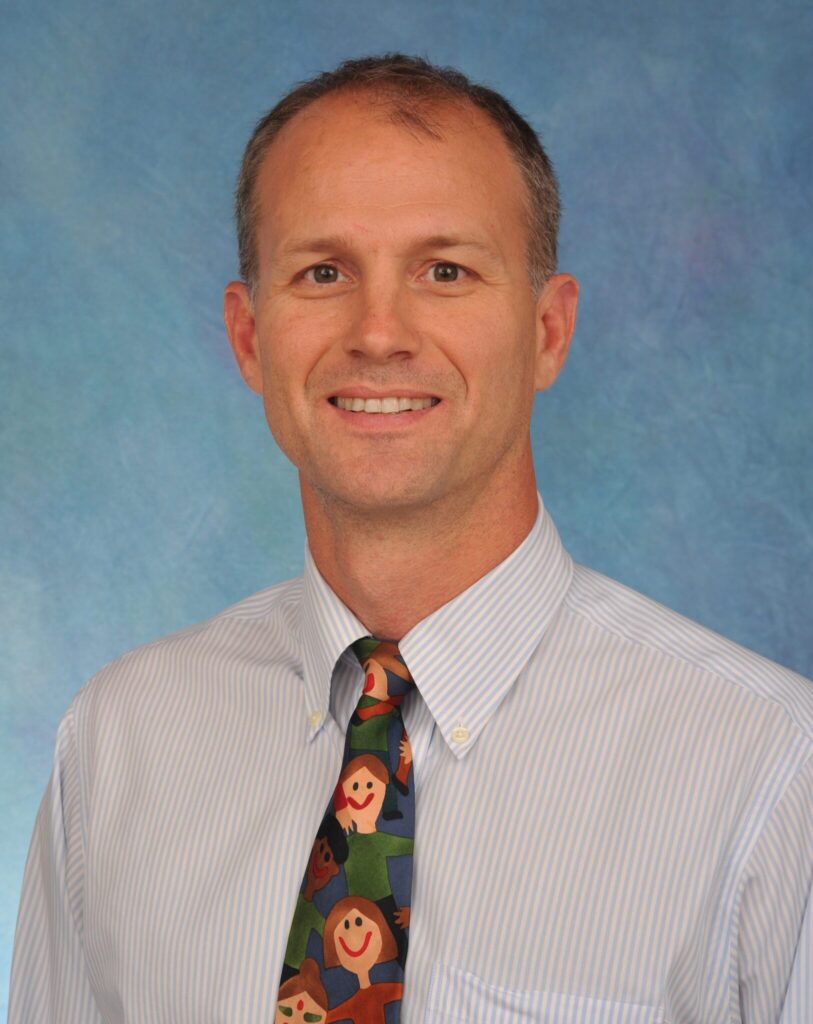
“I think fellows come back because the leaders in this division have built a world class group of brilliant faculty, who are doing great things in North Carolina and globally,” Bramson said. “UNC Chapel Hill has one of the premier divisions of infectious diseases.”
After fellowship, Bramson worked briefly for Partners in Health, then at community health centers in Raleigh and Durham before he became a hospitalist in 2011. But in 2020, he came back to practice at the ID Clinic.
“It’s also because of the culture, which is a little harder to quantify. Nowhere else have I experienced a supportive and collegial culture like this institution, a lot of which is exemplified by the ID Division. I’ve been other places where there are brilliant and accomplished people, but it’s not the same.
UNC’s Division of Infectious Diseases is deeply committed to training the next generation of infectious disease leaders through a broad range of education and opportunities in North Carolina and around the world, through the Institute for Global Health and Infectious Diseases. Learn more about our alumni.

